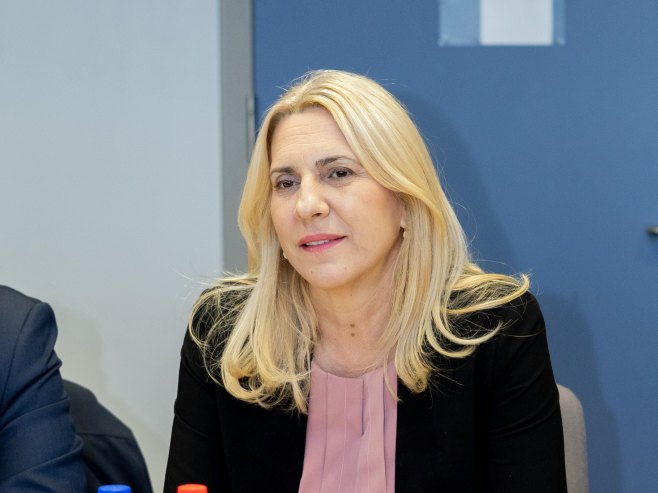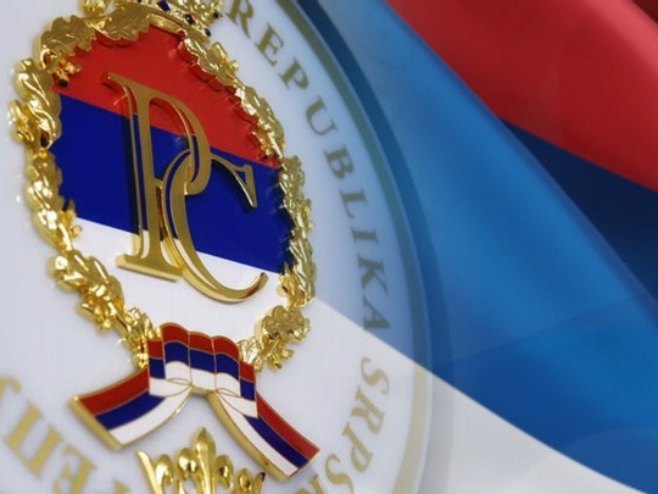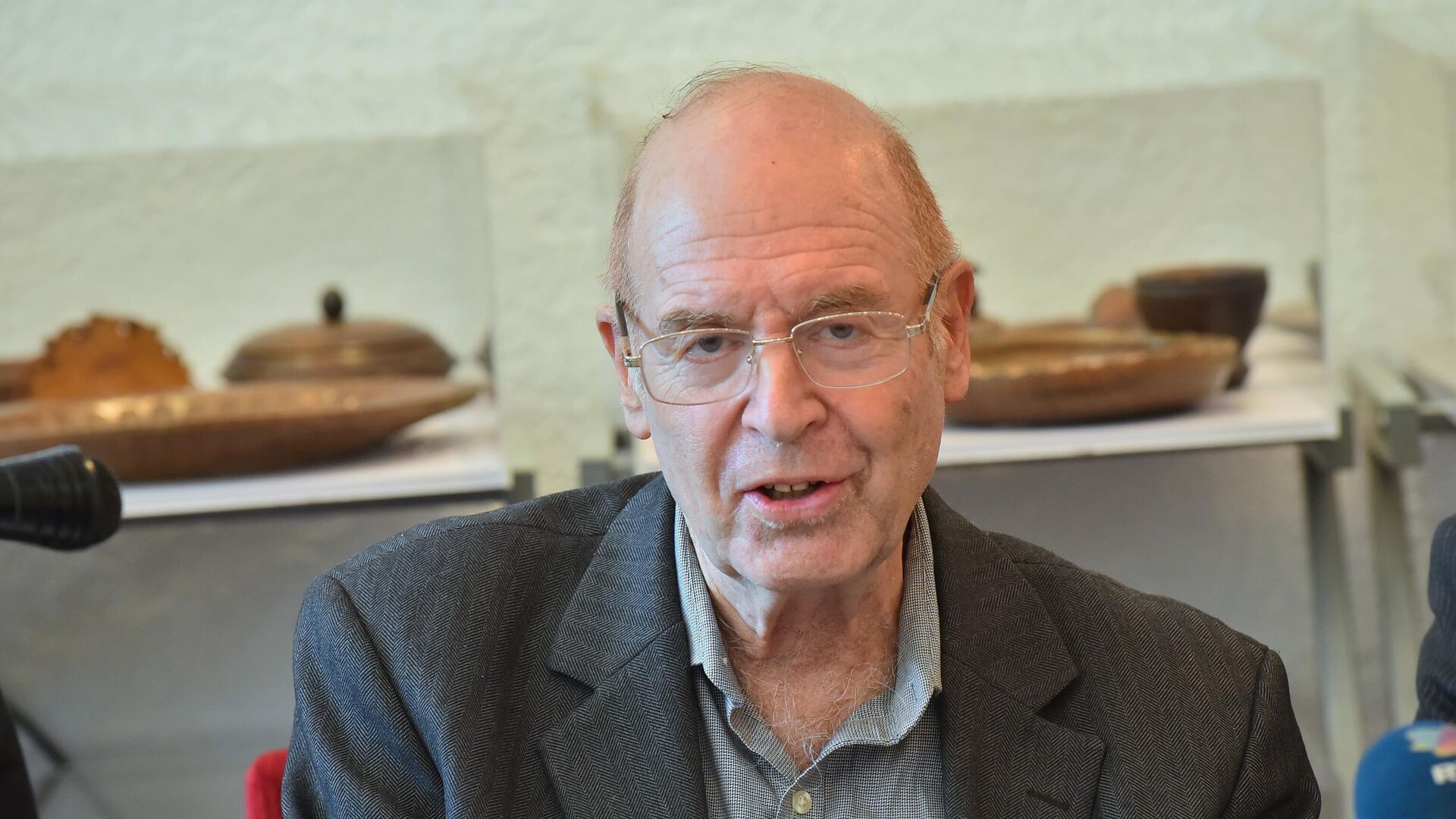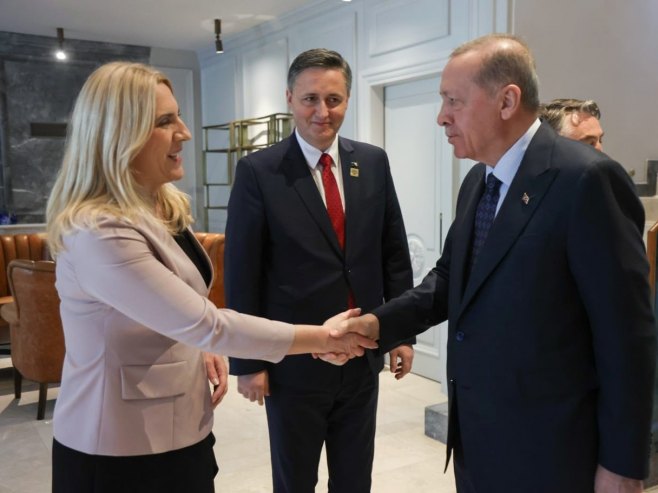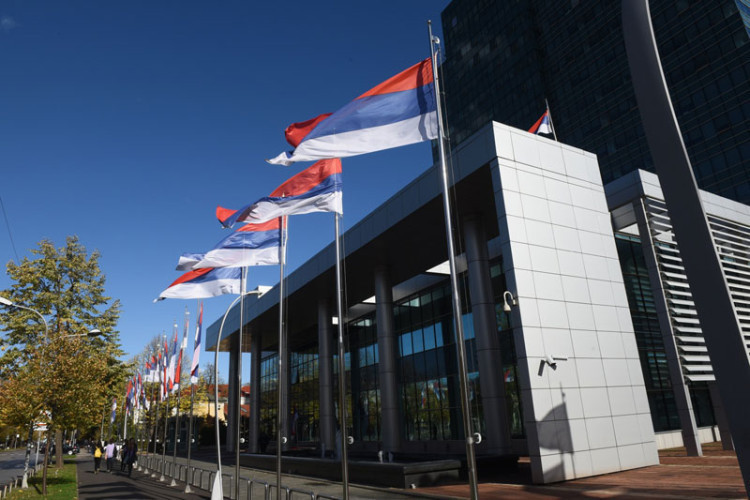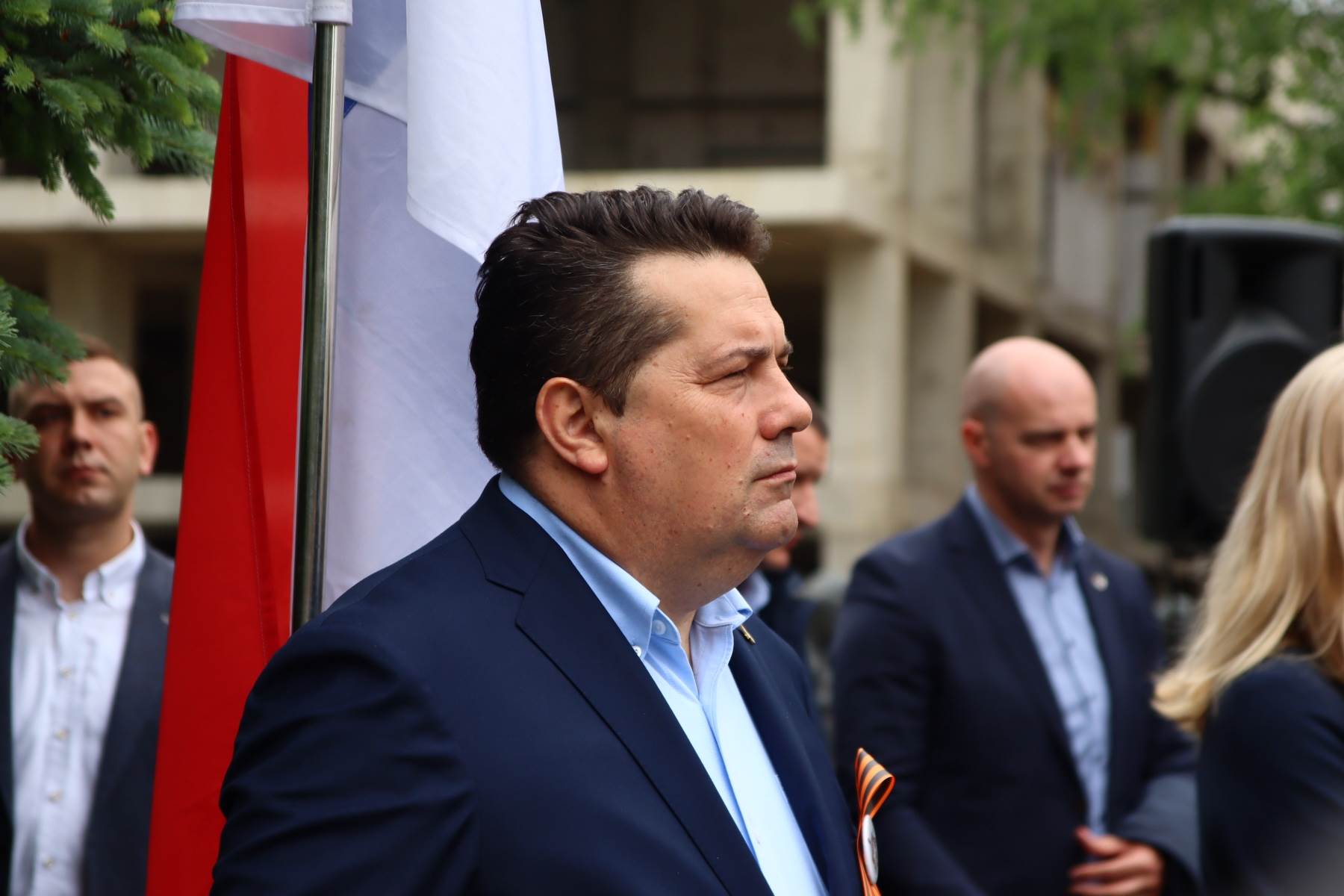Junior member of the Banja Luka Aero Club ULL, Srđan Vranješ, has secured first place on the world aeromodelling rankings, a position no one can challenge until the end of the competition season.
Aeromodelling is a globally recognized sport, and brothers Srđan and Sergej Vranješ, together with their club ULL, compete under the World Air Sports Federation (FAI). Their father, Dejan Vranješ, also a member of the club, told Glas Srpske that their most recent success came at a competition held in Prilep, North Macedonia.
“The event started at 8 a.m., and out of five flight launches, two lasted four minutes and three lasted three minutes. Srđan completed all tasks and achieved an excellent score in the first round, earning new points and taking first place on the world ranking list,” said Vranješ, noting that the competition was exceptionally strong.
His younger son Sergej is also an aeromodeller, continuing a family tradition that has spanned generations.
“I was involved in aircraft modelling and flying myself, with over 450 flight hours. My father was a glider pilot and flight instructor — we’re truly an aviation family,” he said.
The art and science of flight
Explaining the complexity of the sport, Vranješ said precision and timing are crucial:
“The model must be released into a thermal column — that’s the warm air current in which birds like hawks circle. The competitor must identify when that column is directly above them and release the glider into the stream,” he explained.
Preparation usually begins two days before each event, with training sessions held on wide open fields such as Lijevče polje near Banja Luka. Still, he stressed that aeromodelling is an expensive sport with little institutional support in Bosnia and Herzegovina.
“Competitors must have at least three gliders, and each costs between €1,000 and €3,000. We also need GPS equipment, launch cables, spare models for different wind conditions, and large-wing gliders for calm weather,” Vranješ said.
He added that, unlike in the 1990s, aeromodelling clubs in elementary schools no longer exist, and the sport lacks state recognition.
“With stronger government support, we could achieve even better results. We’ve been BiH national team members for four years, but the Air Sports Association hasn’t even provided official jerseys. Competition fees are around €1,000, while accommodation costs about €1,600,” he noted.
The family now plans to organize an exhibition in Banja Luka showcasing the medals won by Srđan, Sergej, and their teammate, aiming to inspire young people to take up the sport.
World-class results for the ULL Aero Club
Miloš Budimčić, president of the ULL Aero Club, said that competitors participate in the F1A glider category, where wingspans reach 2.55 meters.
“We’ve been active in Banja Luka for over 20 years. Dozens of children have gone through our club, and we currently have seven competitors — three juniors and four seniors — taking part in the World Cup circuit,” Budimčić said.
He proudly noted that their current success is something they once only dreamed of:
“Our junior Srđan Vranješ is the first in BiH aeromodelling history to reach the top of the junior world rankings. He has won four World Cup events, finished runner-up three times, and taken two third places, as well as one fifth, sixth, and ninth place overall,” he said.
Aeromodelling passion also runs in Budimčić’s family — both of his daughters are active competitors.
“My older daughter has won several World Cup events, with her best season finish being eighth place globally. The younger one ended the 2020 season ranked third in the world among juniors,” he added.
A sport for all ages
There are no age limits in aeromodelling — even competitors over 70 continue to take part.
“For those with a competitive spirit who love traveling, meeting new cultures, and making friends around the world, aeromodelling is an amazing experience,” Budimčić said.
Expensive but rewarding
As a costly sport, the club regularly applies for funding from the Ministry of Sports, the City of Banja Luka, and local municipalities.
“All funds we receive go directly into the club’s account. We wait patiently until the season starts and compete for as long as we have resources. Promising young athletes can apply for state scholarships — if a child receives a one-time grant of 2,000 KM and saves a bit more, that’s usually enough to buy their first professional model,” Budimčić concluded.
Source: Glas Srpske
